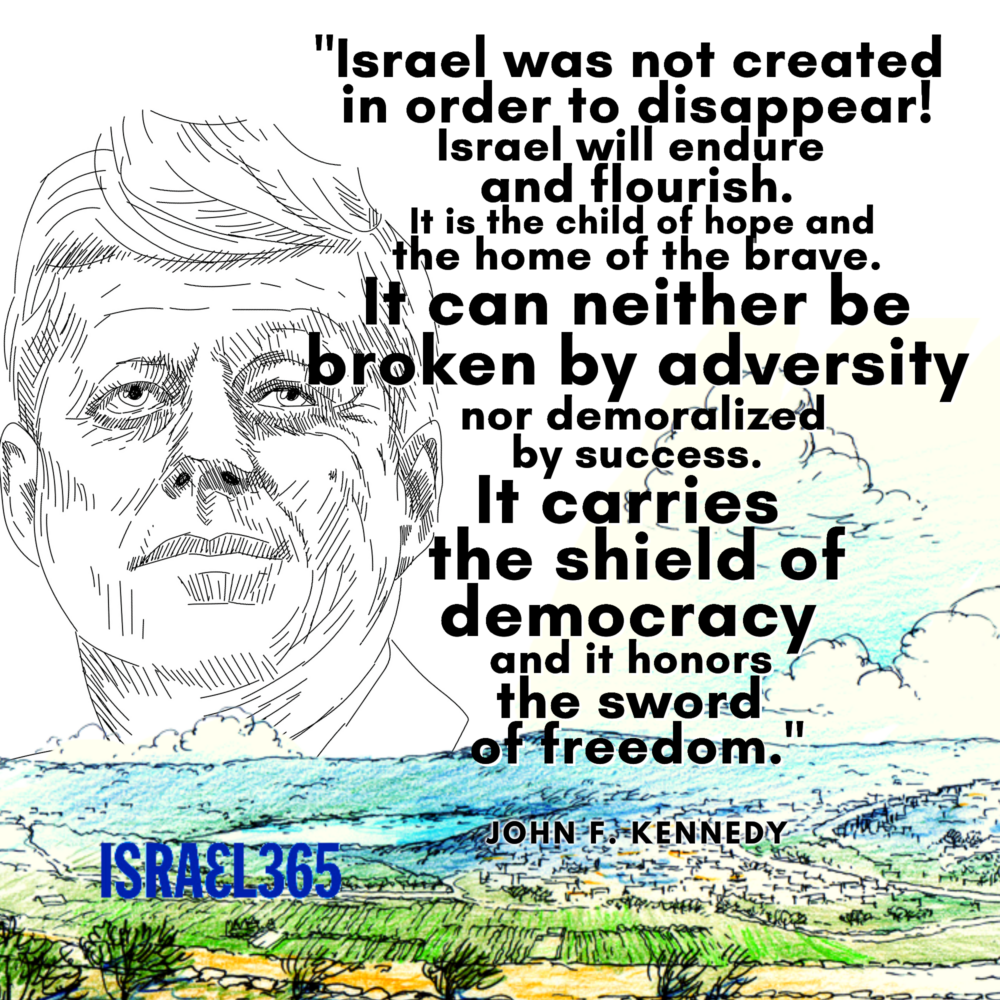At the end of his prophetic book, the prophet Joel states, “Judah will be inhabited forever, and Jerusalem will stand from generation to generation” (Joel 4:20). This powerful declaration transcends time, and is especially relevant in the modern era. The biblical commentators explain this verse as a prophecy heralding a time when the Jewish people, following a period of tribulation and the punishment of their adversaries, will permanently return to their ancestral homeland. This return is not just a physical resettlement but also a spiritual and cultural revival.
According to the biblical commentator known as the Abarbanel, this return marks the end of Jewish exile and suffering; the people of Israel will never again be uprooted from their land. This vision imagines not only the idea of physical safety and security for the Children of Israel but also the perpetuation of Jewish tradition and faith in the land of their forefathers. Has this vision been fulfilled in modern times?
Former president John F. Kennedy, in a statement that echoed the prophetic words of Joel, said about the State of Israel: “Israel was not created in order to disappear – Israel will endure and flourish. It is the child of hope and the home of the brave. It can neither be broken by adversity nor demoralized by success. It carries the shield of democracy and it honors the sword of freedom.” Israel, as a state, is seen as a manifestation of hope and resilience, a place where the spirit of bravery and democracy thrives. Kennedy acknowledges both the challenges and successes Israel faces, yet he emphasizes its unbreakable spirit and commitment to democratic values and freedom.
Jerusalem and Judah hold a central place in Jewish identity and heritage. They are not merely geographical locations but symbols of Jewish faith, history, and the enduring spirit of a people who have faced centuries of hardship. The return to these lands, as prophesized by Joel and celebrated in modern times, is a testament to the unbreakable bond between the Jewish people and their homeland. This return signifies the fulfillment of a historical and divine promise, marking a new era of Jewish sovereignty and cultural revival.
The prophecy of Joel, as well as the words of John F. Kennedy, captures the essence of the Jewish spirit – one of endurance, hope, and an unyielding connection to their land. The state of Israel stands as a modern testament to this ancient vision, symbolizing the resilience of the Jewish people and their perpetual right to exist and flourish in their ancestral homeland. Joel’s vision transcends time, continuing to inspire and affirm the enduring spirit of the Jewish people and their everlasting bond with Jerusalem and Judah.
The enduring prophecy of Joel takes on an even more significant meaning, and the words of Kennedy echo with renewed significance, in the context of the current war between Israel and Hamas. This conflict, a struggle between good and evil, represents a critical chapter in Israel’s ongoing quest for peace and security in its homeland. Israel, upholding the values of freedom, democracy and the right to self-defense, stands in stark contrast to the ideologies and tactics employed by Hamas.
Israel’s fight against Hamas is part of its larger historical and prophetic journey towards establishing a lasting peace and security in its homeland. The prophecy of Joel, affirming that “Judah will be inhabited forever, and Jerusalem will stand from generation to generation,” serves as a beacon of hope, suggesting that despite the current adversities, Israel will ultimately prevail. Though Israel’s journey is marked by challenges, it is also one of unwavering commitment to a future where peace, security, and prosperity reign in the land of Israel, fulfilling the ancient promise of an enduring homeland for the Jewish people.
Though the Jews have permanently returned to the land, we still await the time when they will be able to live in everlasting peace and security. May that day come soon.






